10 Causes of Hypertension
Hypertension, or high blood pressure, is a common condition that affects millions of people worldwide. It is a major risk factor for heart disease, stroke, and kidney disease. Understanding the causes of hypertension can help you manage your blood pressure and reduce your risk of complications. In this article, we will discuss 10 common causes of hypertension.
Genetics and Family History
Hypertension can run in families, and your risk of developing high blood pressure may be higher if one or both of your parents have the condition[[1]]. Researchers believe that genetic factors may influence how your body regulates blood pressure, making you more susceptible to hypertension.
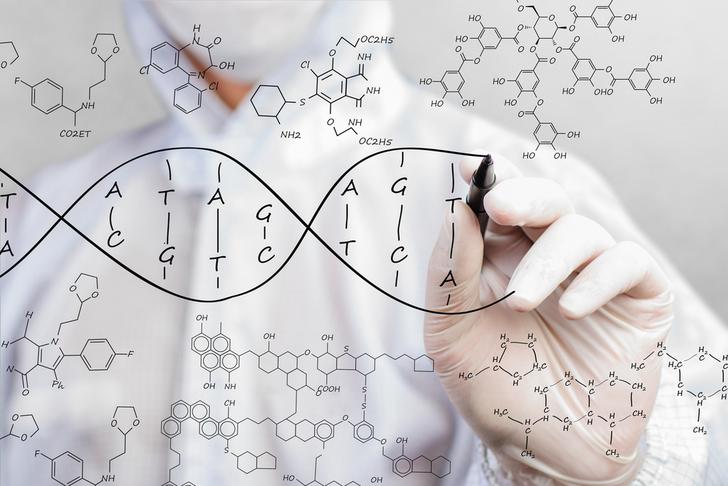
Advertisement
Age
As you age, your blood vessels become less flexible, which can lead to increased blood pressure[[2]]. This is why hypertension is more common in older adults. However, high blood pressure can develop at any age, so it is essential to monitor your blood pressure regularly.

Advertisement
Obesity
Carrying excess weight can put extra strain on your heart and blood vessels, increasing your risk of developing hypertension[[3]]. Losing weight through a healthy diet and regular exercise can help lower your blood pressure and improve your overall health.

Advertisement
Kidney Disease
Kidney disease can cause hypertension by disrupting the balance of fluids and electrolytes in your body, leading to increased blood pressure[[4]]. Managing kidney disease and maintaining a healthy lifestyle can help prevent hypertension.
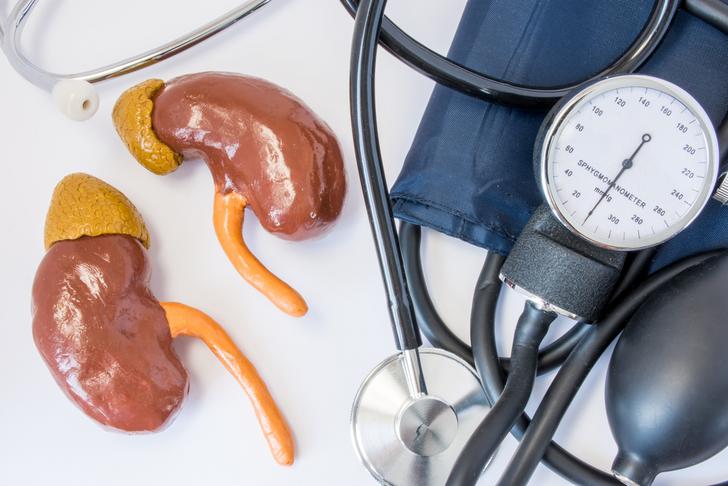
Advertisement
Sleep Apnea
Sleep apnea, a condition in which your breathing is repeatedly interrupted during sleep, can cause hypertension by increasing the levels of stress hormones in your body[[5]]. Treating sleep apnea can help lower your blood pressure.
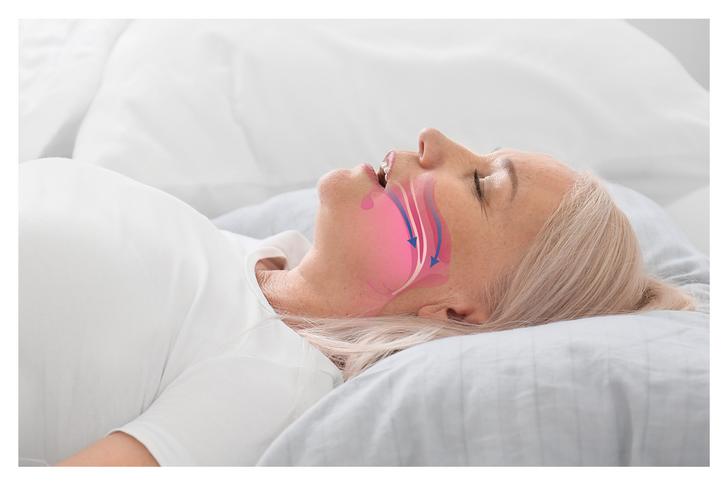
Advertisement
Thyroid Disorders
Thyroid disorders, such as hypothyroidism and hyperthyroidism, can affect your blood pressure by altering the way your body regulates blood flow and heart rate[[6]]. Managing your thyroid condition can help prevent hypertension.

Advertisement
Cushing’s Syndrome
Cushing’s syndrome, a condition caused by high levels of the hormone cortisol, can lead to hypertension by causing your body to retain more sodium and fluid[[7]]. Treating Cushing’s syndrome can help lower your blood pressure.
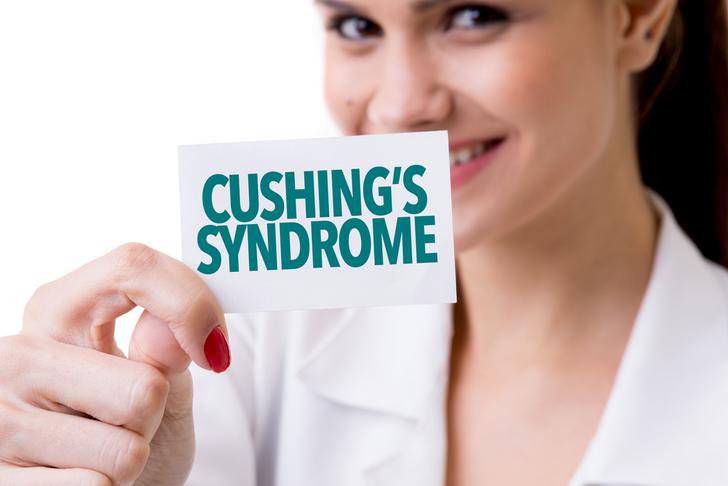
Advertisement
Pregnancy
Some women develop high blood pressure during pregnancy, a condition known as preeclampsia[[8]]. Preeclampsia can be dangerous for both the mother and the baby, so it is essential to monitor blood pressure closely during pregnancy.

Advertisement
Alcohol Consumption
Drinking excessive amounts of alcohol can raise your blood pressure and increase your risk of hypertension[[9]]. Limiting your alcohol intake to moderate levels can help prevent high blood pressure.
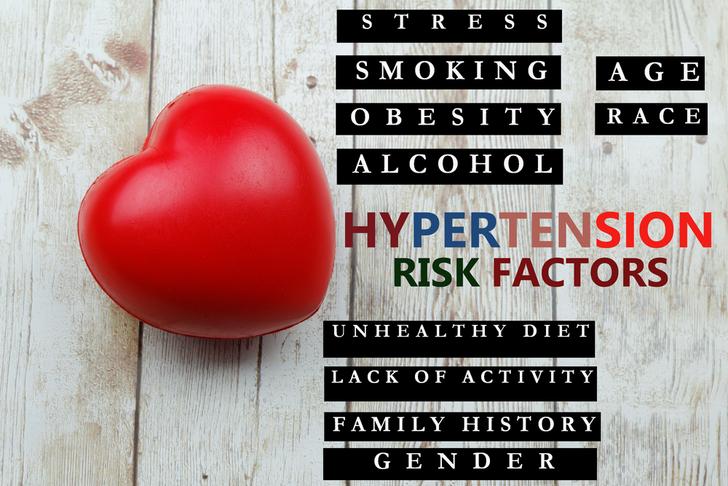
Advertisement
Tobacco Use
Smoking and using tobacco products can cause your blood vessels to narrow, leading to increased blood pressure[[10]]. Quitting tobacco use can help lower your blood pressure and reduce your risk of hypertension.
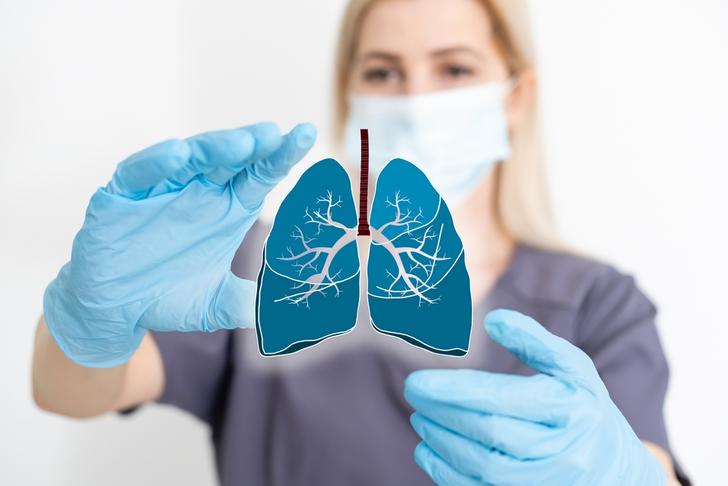
Advertisement
Symptoms of Low Blood Pressure
Some symptoms of hypertension may include:
Dizziness or lightheadedness
Fainting (syncope)
Lack of concentration
Blurred vision
Nausea
Cold, clammy, pale skin
Rapid, shallow breathing Fatigue
Depression
Thirst
Hypertension can lead to serious conditions like shock in severe cases. Symptoms of shock include confusion, cold and sweaty skin, a rapid heart rate, and a weak and rapid pulse. If you suspect shock, this is a medical emergency and needs immediate medical attention.
Advertisement
Treatments for Low Blood Pressure
Treatments for hypertension can depend on the cause. From underlying conditions to medications, it is important to understand the cause to know what treatment may be needed.
Below are treatments for hypertension:
Increase fluid and salt intake: This can help increase blood volume and prevent dehydration, which can cause hypertension. However, this approach is inappropriate for everyone, particularly those with heart or kidney disease, and should be discussed with a healthcare provider.
Compression stockings: The same stockings commonly used to relieve the pain and swelling of varicose veins can help reduce blood pooling in your legs and minimize the symptoms of hypertension.
Medications: In some cases, medications may be prescribed to increase blood pressure. Fludrocortisone, for example, is a medication that helps increase the amount of fluid in your blood, leading to increased blood pressure. Midodrine is another medication used to increase blood pressure in those with certain types of orthostatic hypotension.
Lifestyle changes: Standing up slowly, avoiding alcohol, and refraining from standing for long periods can all help manage hypertension symptoms. Additionally, eating smaller, low-carbohydrate meals can help prevent blood pressure from dropping sharply after meals.
In wrapping up, understanding the various causes, recognizing the symptoms, and knowing the treatment options for hypertension are crucial for maintaining optimal health. While the factors leading to hypertension can be diverse - from dehydration to certain heart and endocrine conditions - the symptoms often present as dizziness, fainting, or fatigue. However, these symptoms might only sometimes be apparent once the blood pressure drops significantly.
Treatments for this condition are just as varied as their causes. They range from lifestyle changes, such as increasing fluid and salt intake, to medical interventions like medication or treating the underlying health issue. Therefore, it is important to consult with your healthcare provider for personalized medical advice.
Advertisement
Conclusion
In conclusion, understanding the causes of hypertension can help you take steps to manage your blood pressure and reduce your risk of complications. By maintaining a healthy lifestyle, monitoring your blood pressure regularly, and working with your healthcare provider, you can take control of your hypertension and improve your overall health.
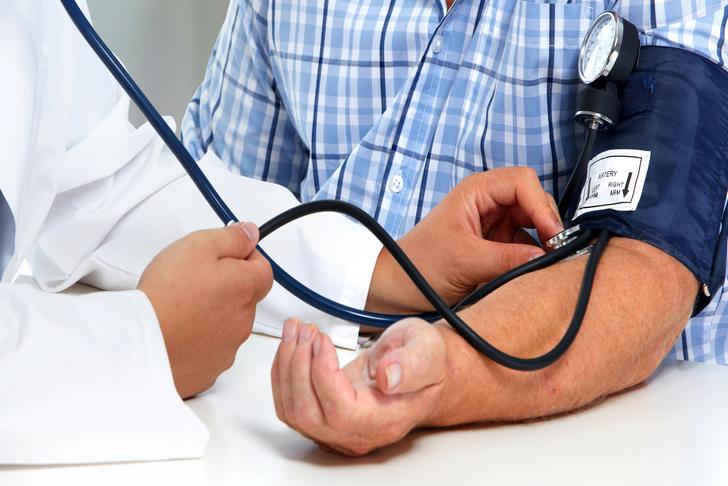
Advertisement





